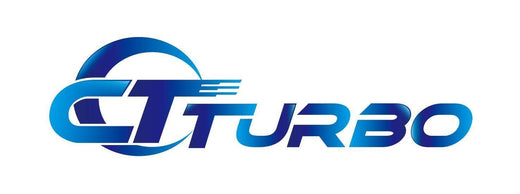
When the turbocharger is operating at high RPM, the turbine shaft and bearings rotate within a thin film of oil, providing necessary lubrication and cooling. If the oil supply is insufficient at start-up or while the turbo is running, it can lead to severe damage. This condition, known as oil starvation, can cause the following issues:
- Bearing Failure: Without sufficient oil, the bearings will wear rapidly due to metal-on-metal contact, leading to overheating and failure.
- Turbo Shaft Damage: Inadequate lubrication causes excessive friction and heat, which can damage the turbo shaft, resulting in imbalance or even breakage.
- Overheating: Lack of oil leads to higher operating temperatures in the turbocharger, which can warp components and decrease efficiency.
- Oil Inlet Supply Restrictions: Blockages or restrictions in the oil feed line can prevent the proper amount of oil from reaching the turbocharger, leading to starvation.
- Incorrect Gasket Placement: Poorly installed gaskets can obstruct oil flow to the turbo, causing starvation and potential damage.
- Use of Liquid Gaskets: Liquid gaskets can displace or migrate, blocking oil passages and restricting oil supply.
- Low-Quality Lubricants: Using substandard or inappropriate lubricants can result in inadequate protection and cooling, contributing to oil starvation.
To prevent oil starvation and its associated damage, ensure proper maintenance of the turbocharger's oil feed and return lines, use high-quality gaskets and lubricants, and check for blockages or leaks regularly.

